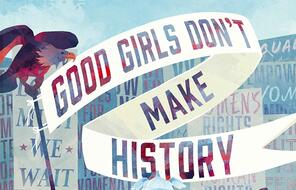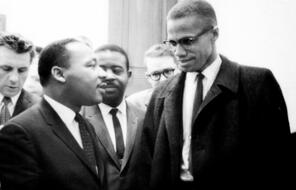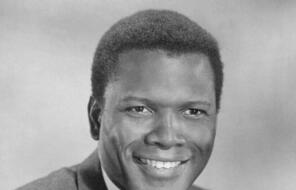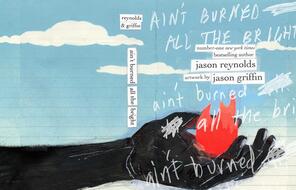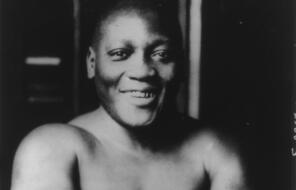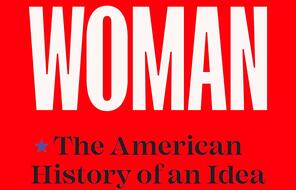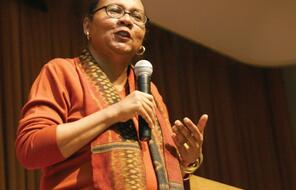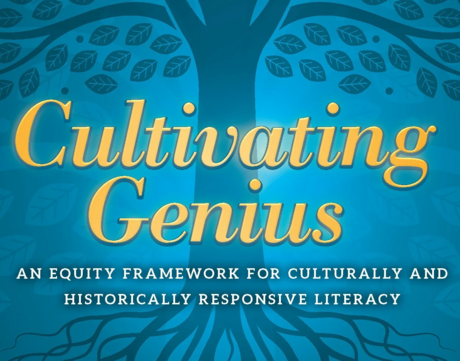
Dr. Gholdy Muhammad on Cultivating Genius
When Nina Simone sang the uplifting lyrics of her song “Young, Gifted and Black” in 1970, she invited her listeners into a powerful way of re-envisioning Black excellence in themselves and Black people around them. But even half a century later, there are a host of barriers that continue to undermine the flourishing of Black excellence in educational settings.
What does it mean for Black youth to cultivate intellectual excellence in a society that disavows their intelligence and their capability? What does it look like to disrupt these patterns and empower Black students in meaningful ways?
On Thursday, July 15th, Dr. Gholdy Muhammad addressed the Facing History community about her work in these realms. Dr. Muhammad is Associate Professor of Language and Literacy at Georgia State University and author of the best-selling book, Cultivating Genius: An Equity Model for Culturally and Historically Responsive Literacy.
In her book, she explores how literacy came to be regarded as a critically important lever of social and political transformation within the Black community, and its continuing importance today. To contemporary educators, she asks:
- What is missing from the ways we structure education today?
- Why have school leaders and policy makers been unable to accelerate learning?
- What is absent from the curricular standards and frameworks needed for holistic development and robust literacy?
- What can we learn from history (particularly Black excellence) to refashion curriculum and instruction today?
- Why are school leaders still mandating curricular frameworks that were not explicitly designed for students of color?
Muhammad concludes that what we need are frameworks developed by people of color that are designed to meet the needs of students of color. Her book, Cultivating Genius, was written to do just that and reimagines learning standards for literacy education.
Muhammad’s framework of Historically Responsive Literacy (HRL) draws substantial inspiration from 19th-century Black literary societies through which freed Blacks leveraged literacy to advance the abolition of slavery. Muhammad’s HRL framework identifies the following learning goals:
(1) identity development; (2) skill development; (3) intellectual development; and (4) criticality, by which she means the “capacity to read, write, and think in the context of understanding power, privilege, and oppression.” For those new to the concept of criticality and what role it can play in the classroom, Muhammad argues that “[a]s long as oppression is present in the world, young people need pedagogy that nurtures criticality.”
Cultivating Genius argues that when education is delivered at this nexus where identity development, skill development, intellectual development, and criticality meet and are actively nurtured, we cultivate genius in the young people we serve.
Don't miss out!
- download classroom materials
- view on-demand professional learning
- and more...


